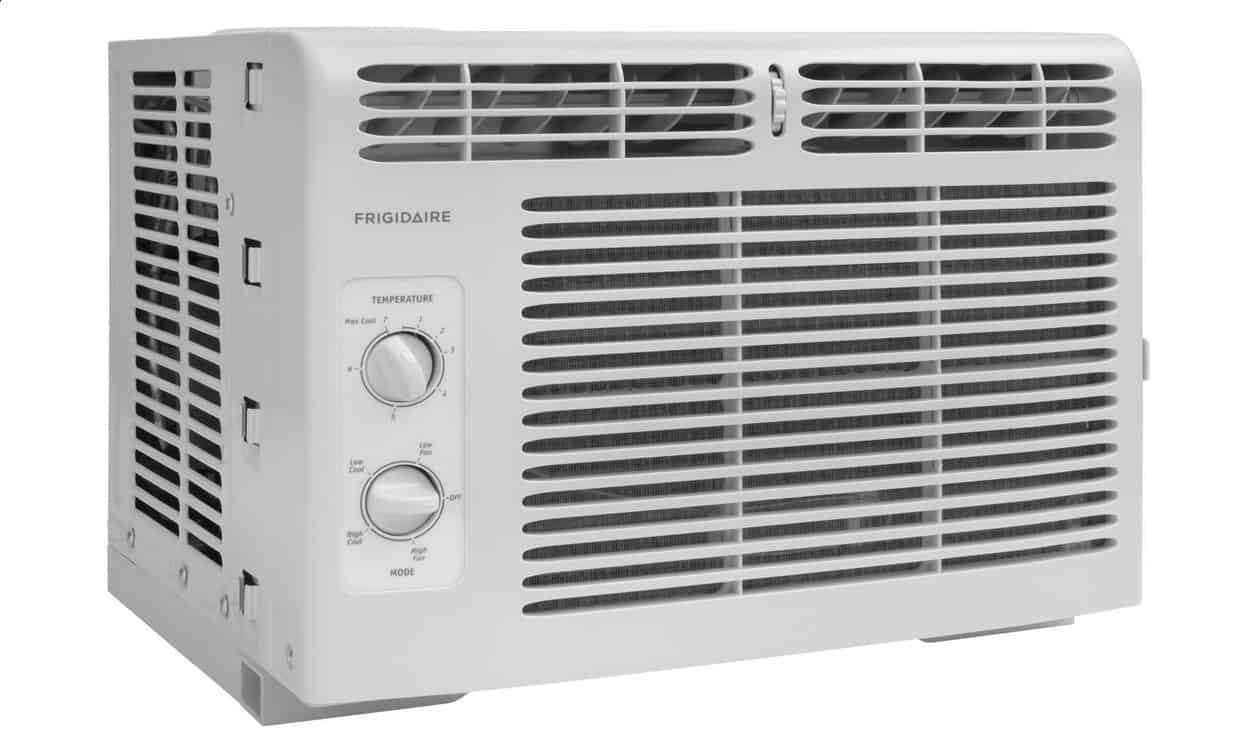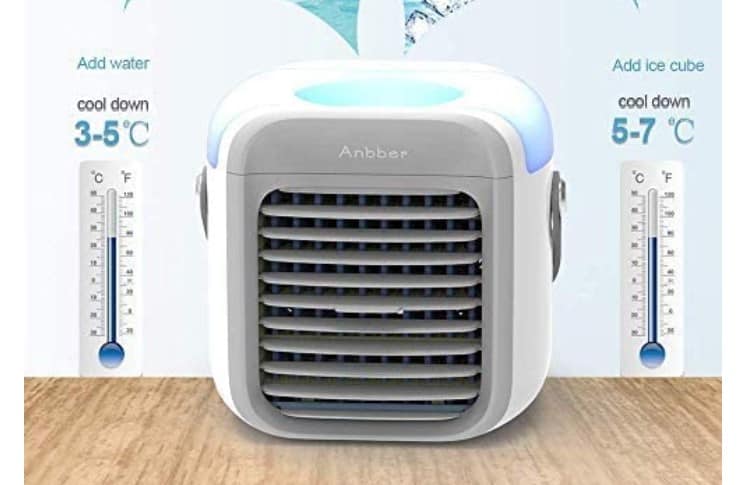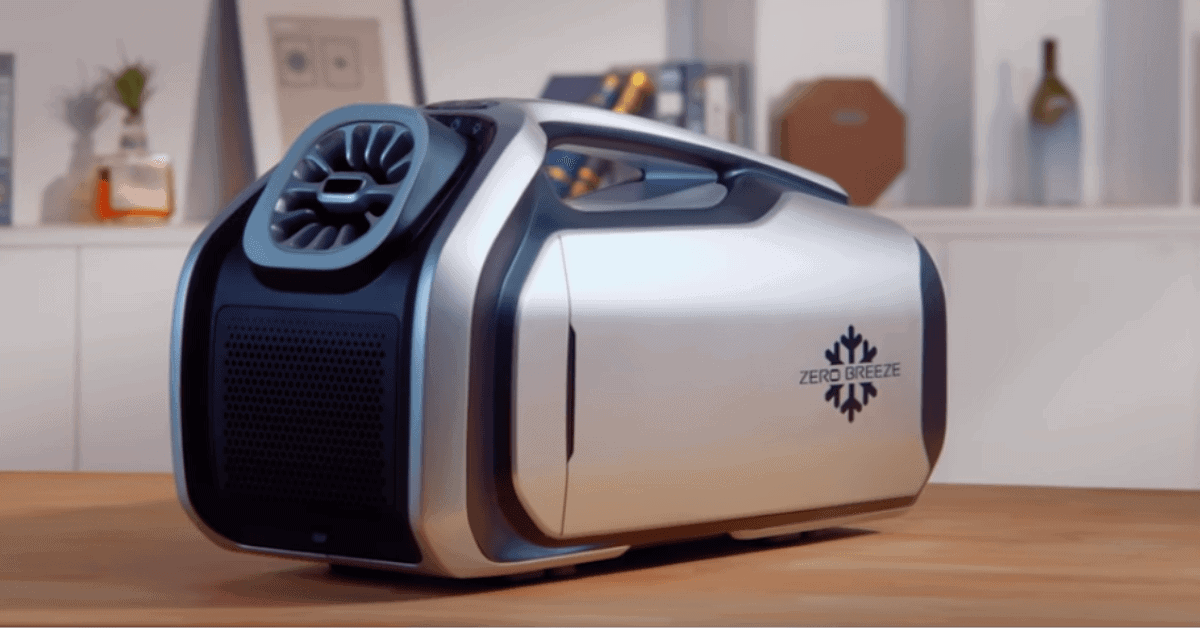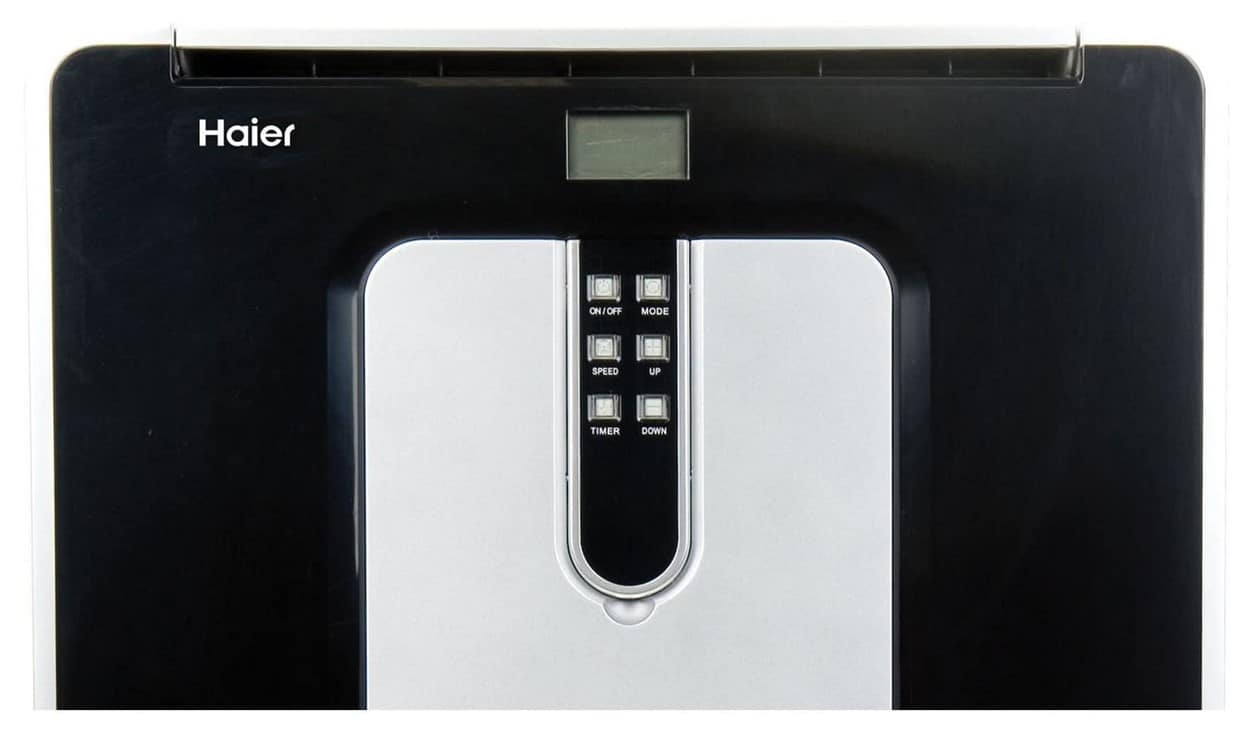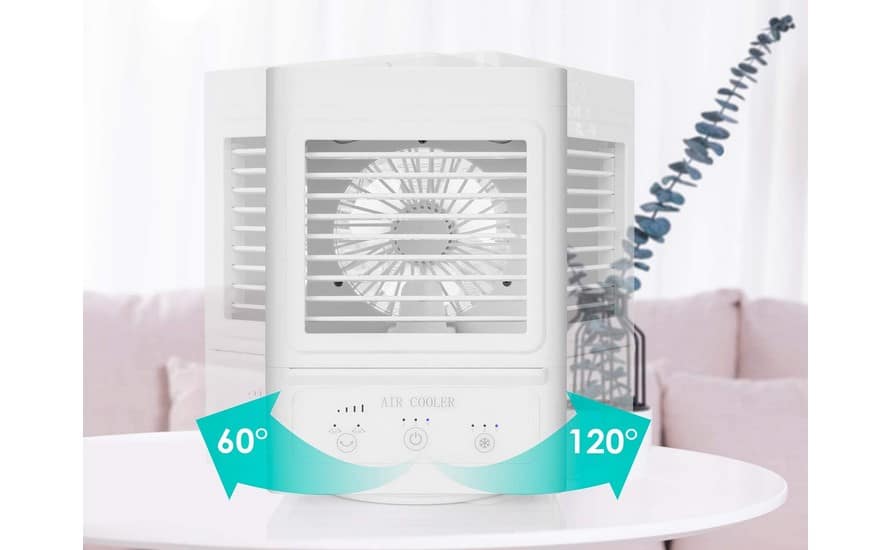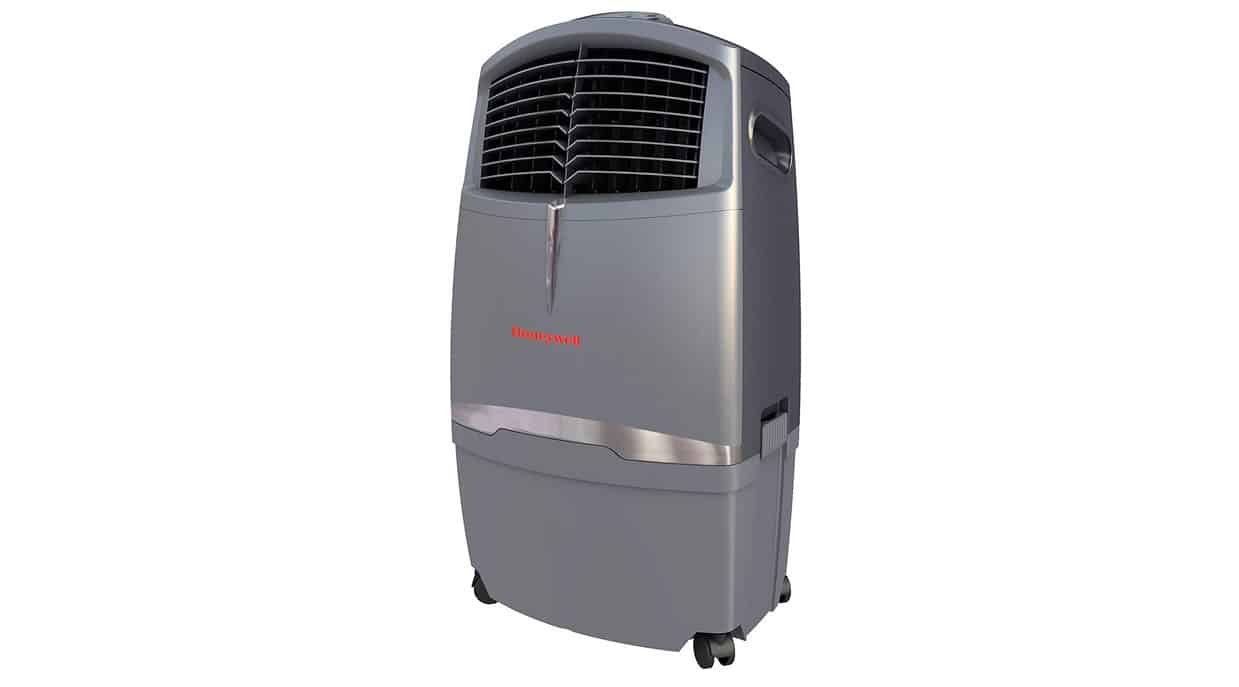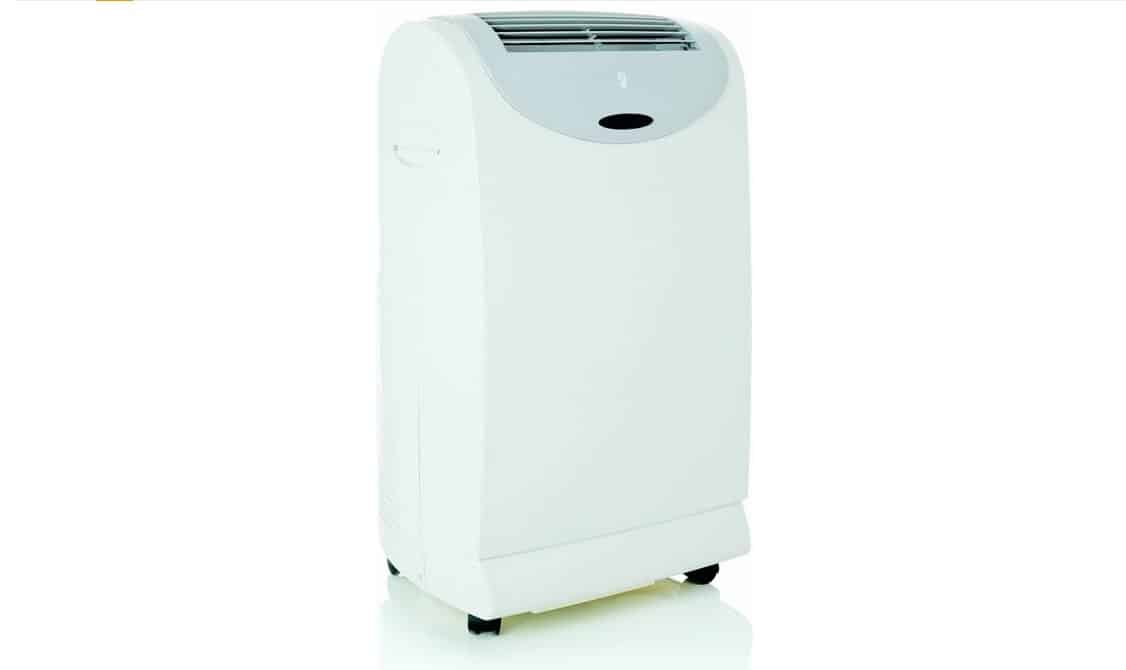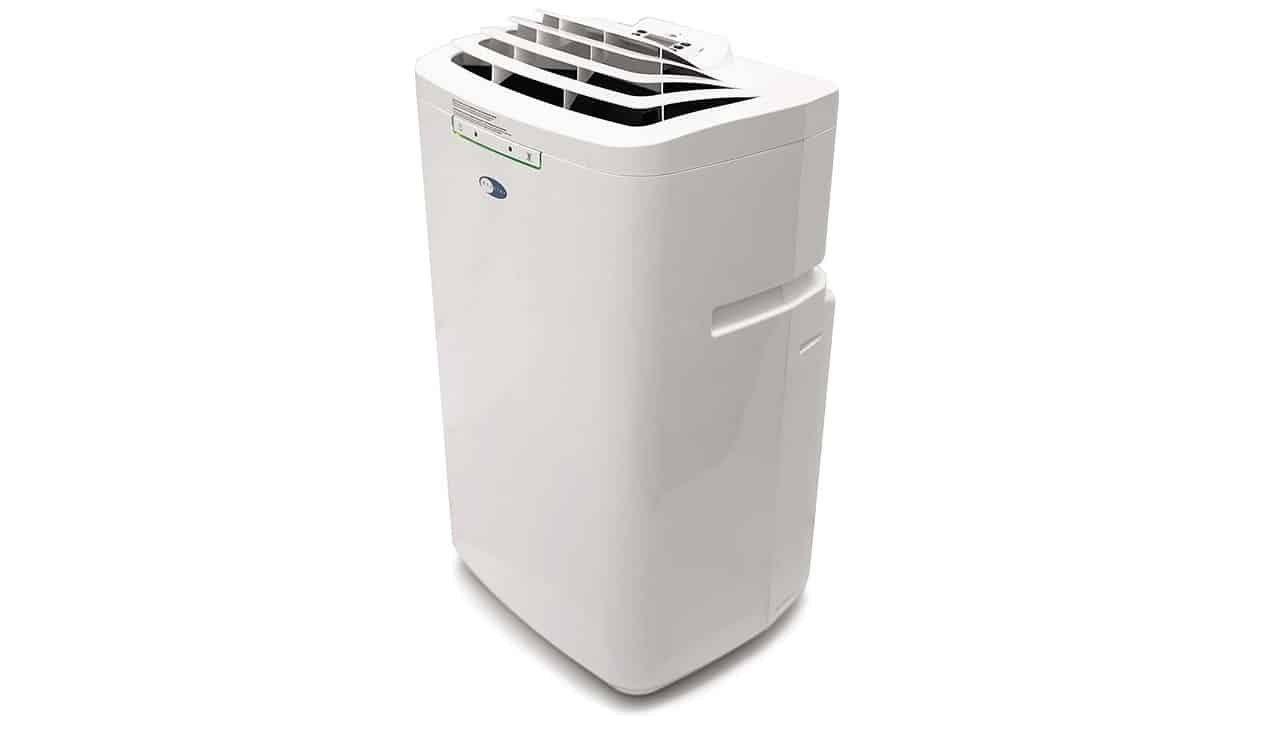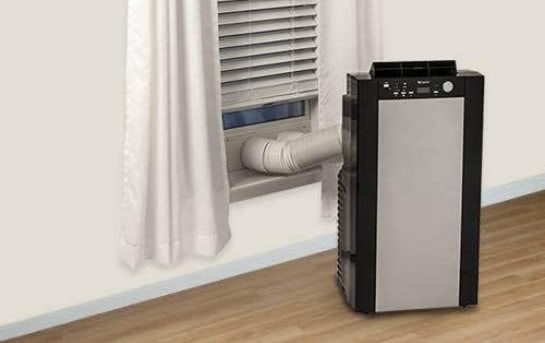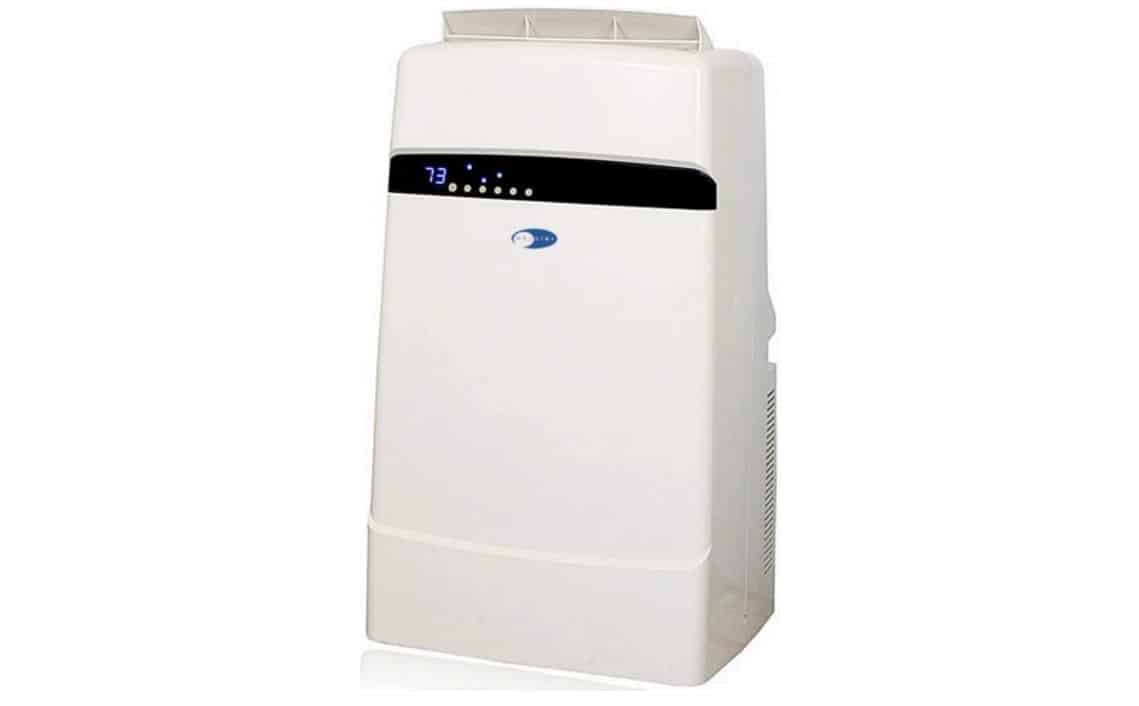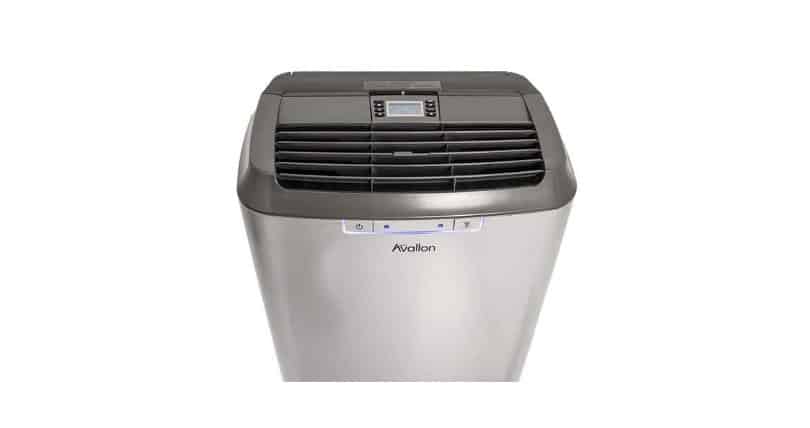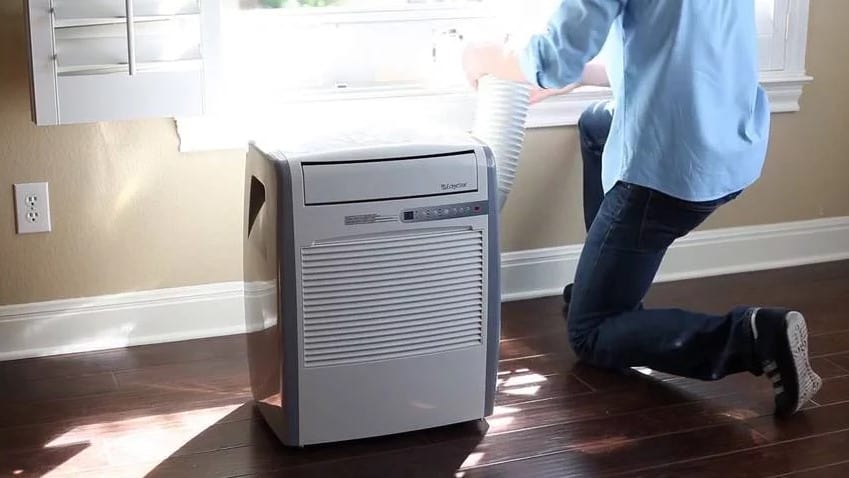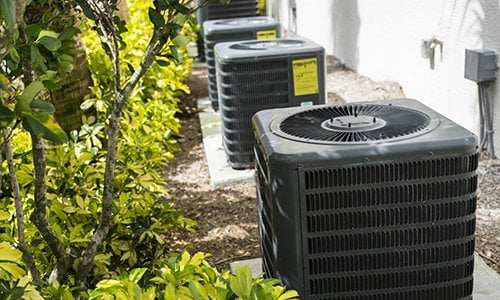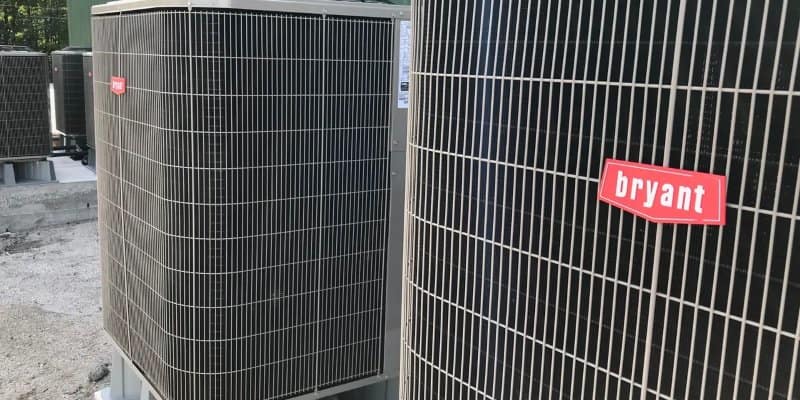Even the best air conditioners stop working at the optimal comfort level eventually. This is invariably the result of a refrigerant leak lowering the coolant level which can cause costly repairs. That said, you’ll want to get your unit looked at if your ducted air conditioning isn’t working in one room. Moreover, if your unit can’t be repaired, you might want to dispose of your old A/C, and start shopping for the leading ventless portable air conditioner as a replacement. No one wants to get sick from a Freon leak.
Freon is a toxic substance so even pinhole leaks can lead to other problems as well. Knowing how to check for a Freon leak in a central air conditioner and when to call service technicians can avoid larger issues, especially in the summer months.
KEY TAKEAWAYS:
- If your air conditioner unit is blowing hot air, it is almost certainly suffering low refrigerant levels.
- An AC refrigerant leak can also lead to ice on the evaporator coils and refrigerant lines.
- Bubbling sounds are another telltale warning sign of low Freon levels.
Detecting AC Refrigerant Leaks
All air conditioner units require maintenance. For example, people with a portable unit need to know how often to drain a portable air conditioner. Dirty air filters can cause efficiency issues in window units. And still, other AC owners must know how to clean a ductless air conditioner. Central AC owners, however, need to know how to check their unit’s Freon levels, especially if they don’t have an electronic leak detector on-hand to do the job for them. They also need to know how to clean central air evaporator coils, just to keep the unit running smoothly.
Insider Tip
If you want to put a fence around your air conditioning unit, leave a 2-foot space between the fence and the unit so you don’t reduce its efficiency and drive up energy bills.
STEP 1
The first thing to check is whether the unit is blowing hot air. If so, the air conditioning coolant has run low. You can also use an electronic detector to check levels, but such tools can be expensive.
STEP 2
If your unit can blow cold air but is not functioning at the optimal level, look for frozen evaporator coils or lines. A continuous leak will change the pressure around the compressor unit, which causes ice buildup.
STEP 3
The final item to check is to turn on the unit and listen for a hissing or bubbling noise. It may be a faint sound, but any audible noises along these lines indicate an AC refrigerant leak.
STEP 4
Call a repair technician if you think you have a leak or that your unit’s Freon needs to be recharged. This is especially important if you suspect a leak since Freon can be dangerous. Doing this sooner rather than later can avoid higher electric bills and other possible complications.
Warning
Call a repair technician immediately if you suspect an AC refrigerant leak. A Freon leak can be dangerous if not addressed quickly.
F.A.Q.S
Does my air conditioning unit need a Freon recharge?
Refrigerant levels do not run down naturally. A “recharge” is only necessary in the event of an AC refrigerant leak.
How often do you need to add Freon to a central air conditioning unit?
Air conditioning refrigerants should never run out or need “topping up”. Low levels are always caused by leaks.
How to prevent refrigerant leaks?
Keep brush and tree limbs away from your outdoor unit. If you have an outdoor pen, do not let them urinate on or near the unit as urine can be acidic.
What to do if you suspect a refrigerant leak?
Call an HVAC professional as soon as possible. Do not attempt air conditioning repairs on your own as Freon refrigerant is dangerous.
STAT: Today, some 80% of American households have air conditioners, mostly central systems, according to the Energy Information Administration (source)
REFERENCES:
- https://docs.lib.purdue.edu/cgi/viewcontent.cgi?article=1089&context=iracc
- https://www.swtc.edu/Ag_Power/air_conditioning/lecture/condenser.htm
- https://web.mit.edu/2.972/www/reports/compression_refrigeration_system/compression_refrigeration_system.htmlr
- https://valley.edu/how-does-ac-refrigerant-work/
- http://labman.phys.utk.edu/phys136core/modules/m3/refrigerators.html















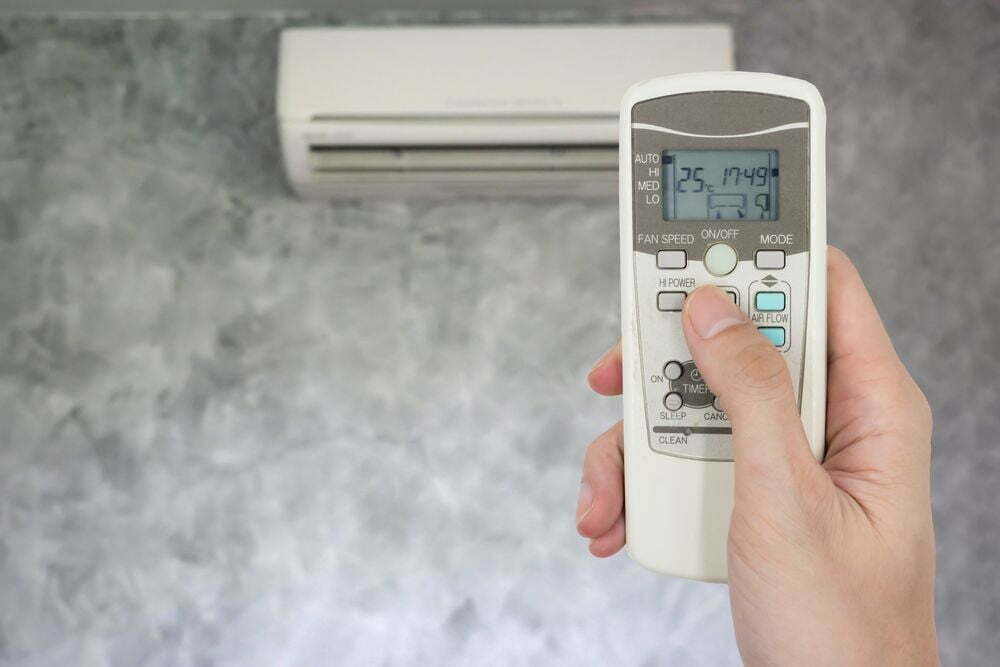
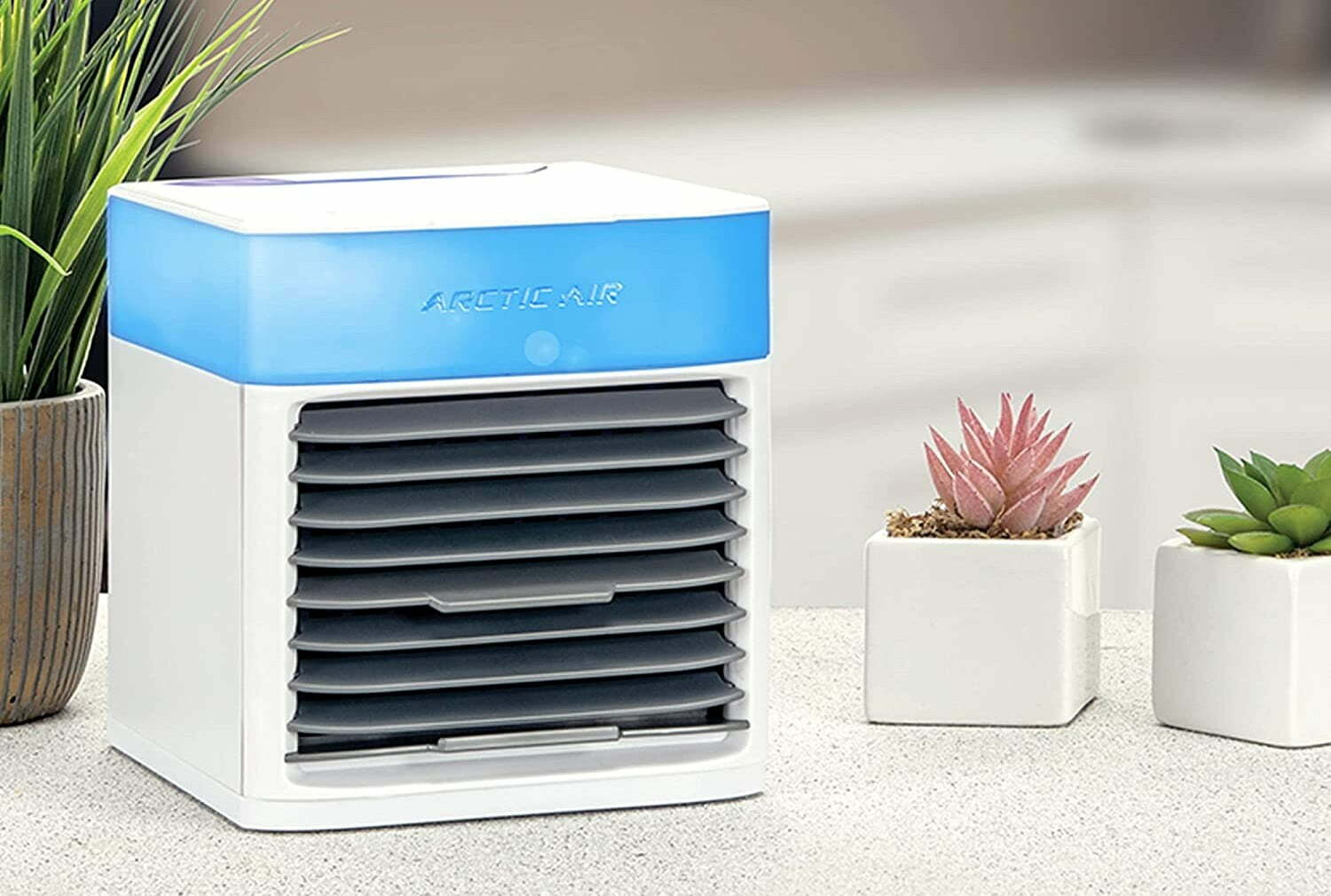
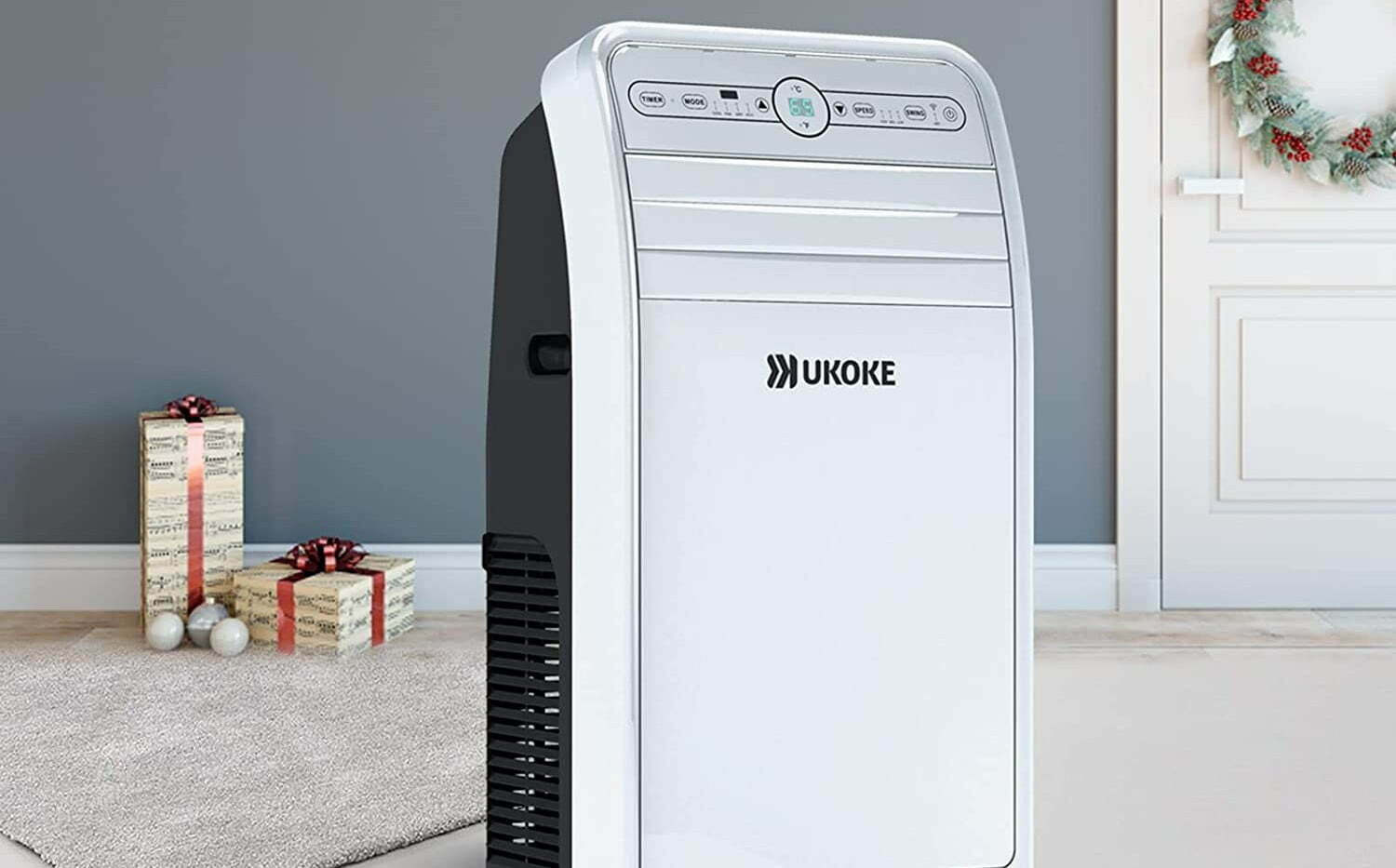
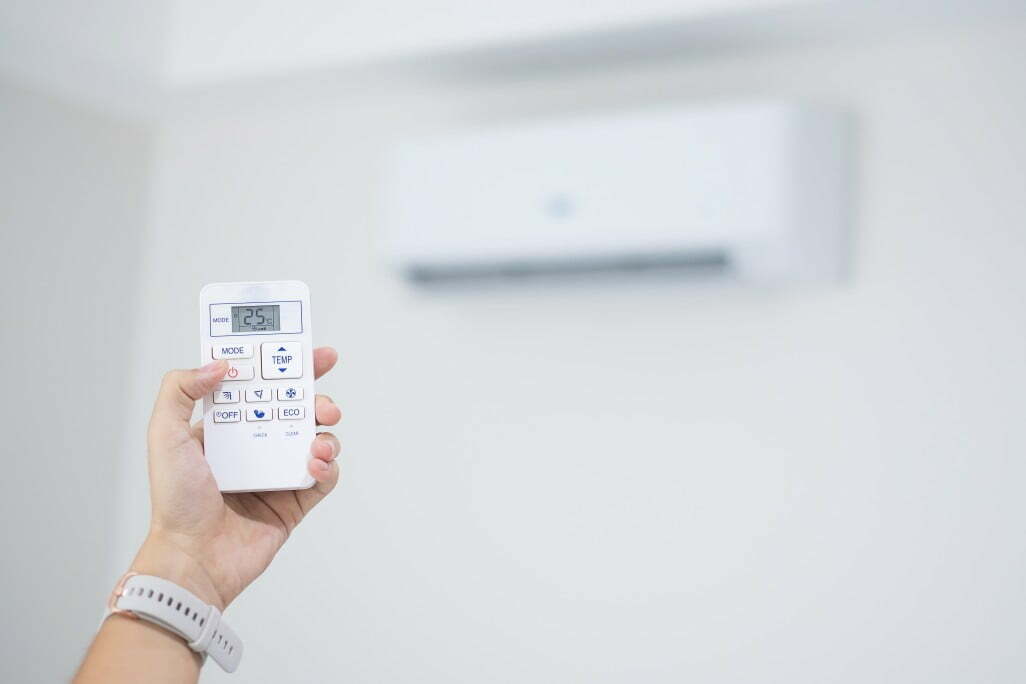

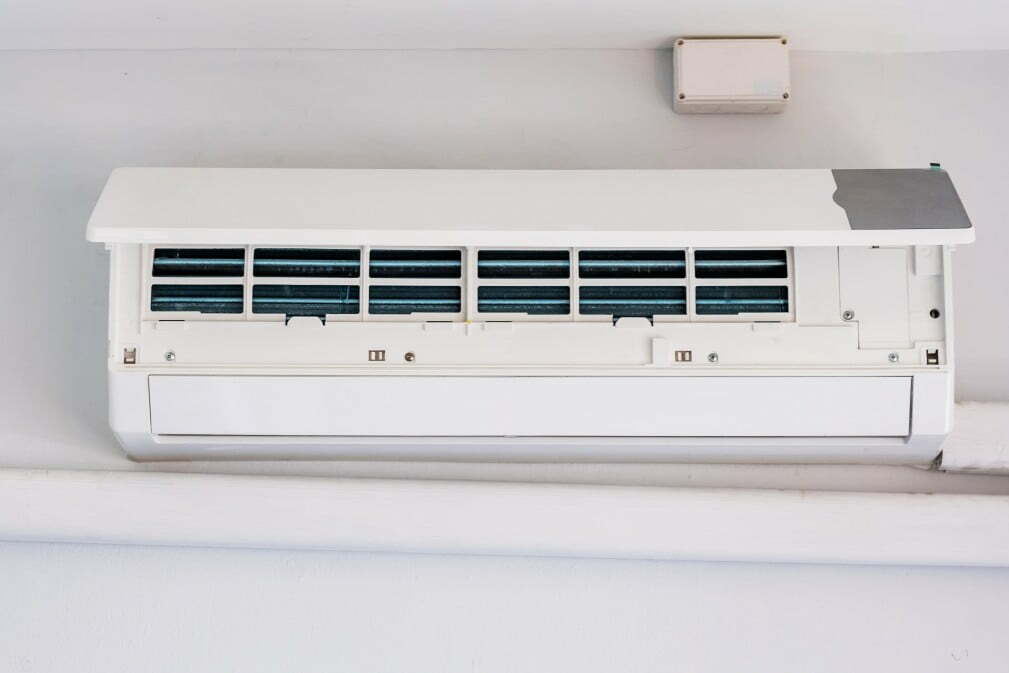
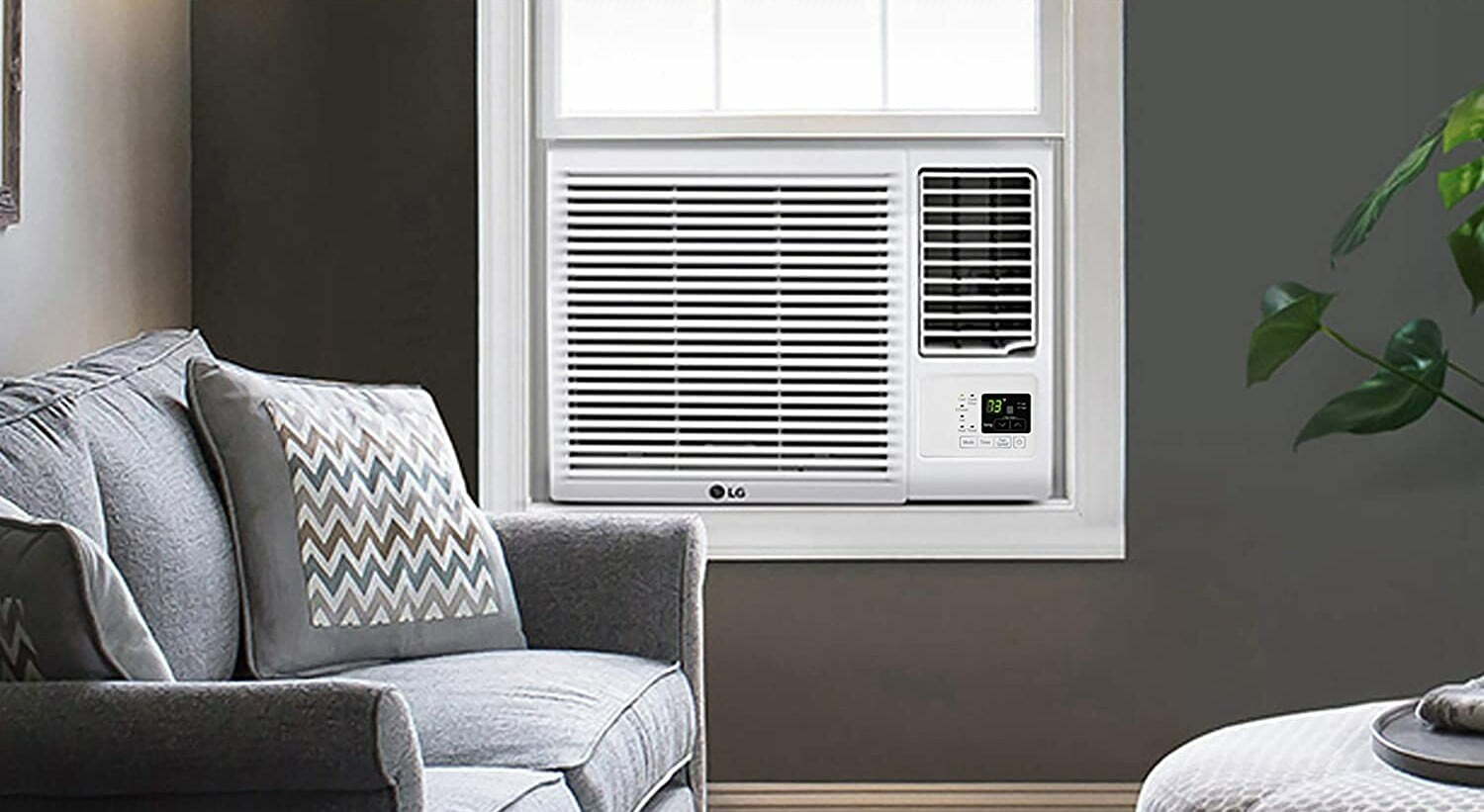
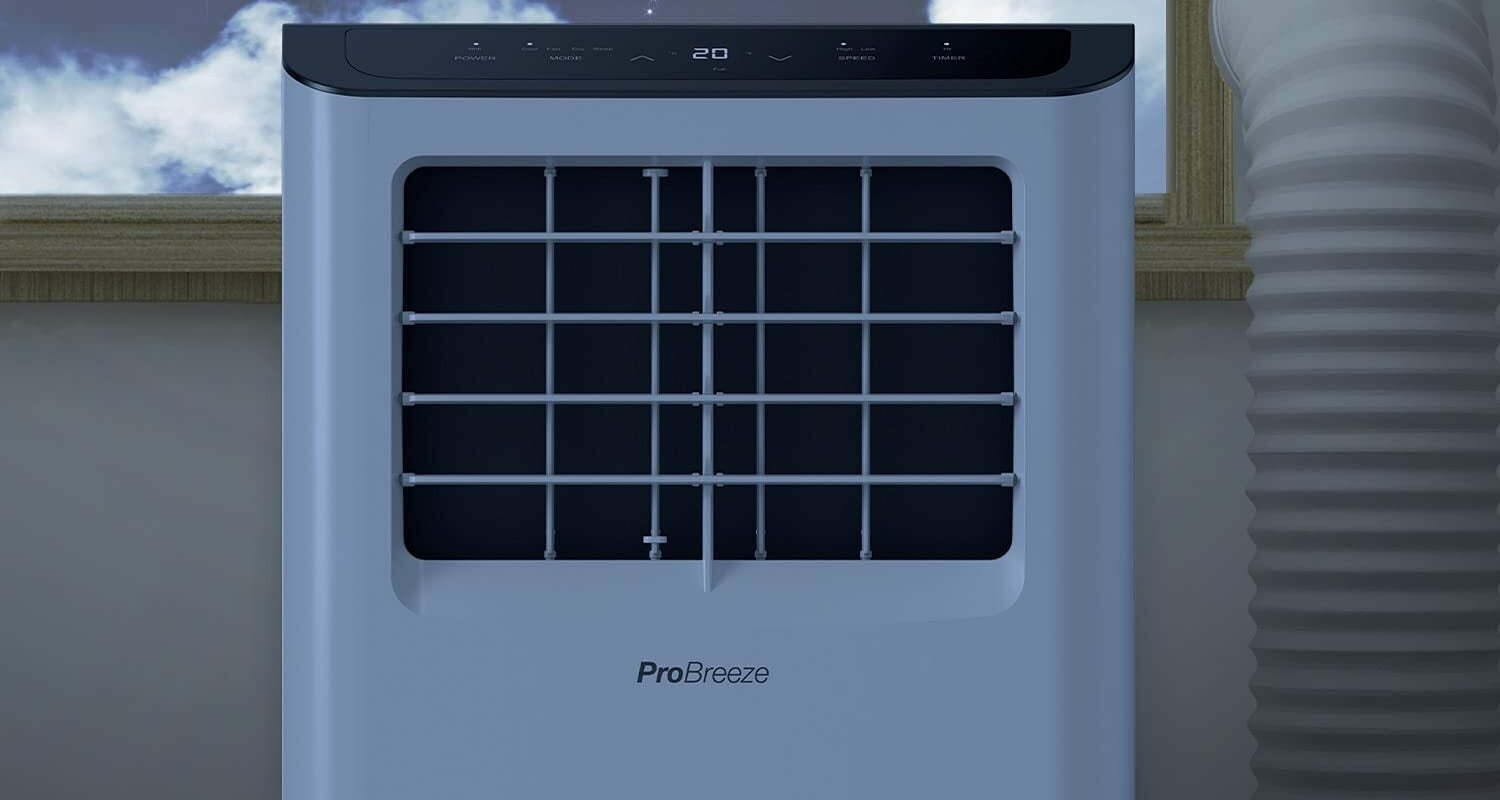

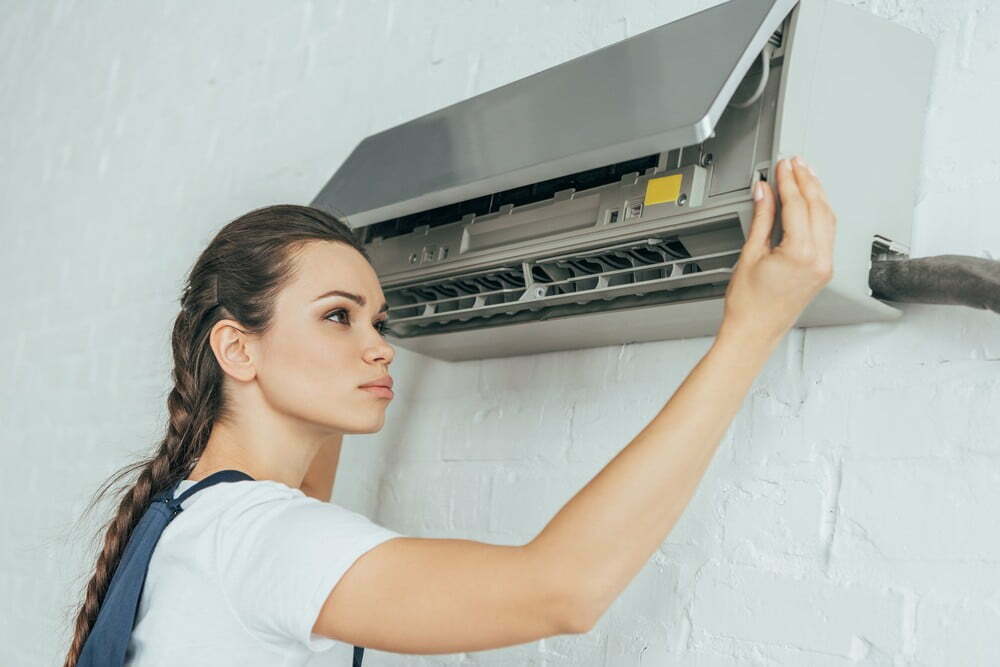
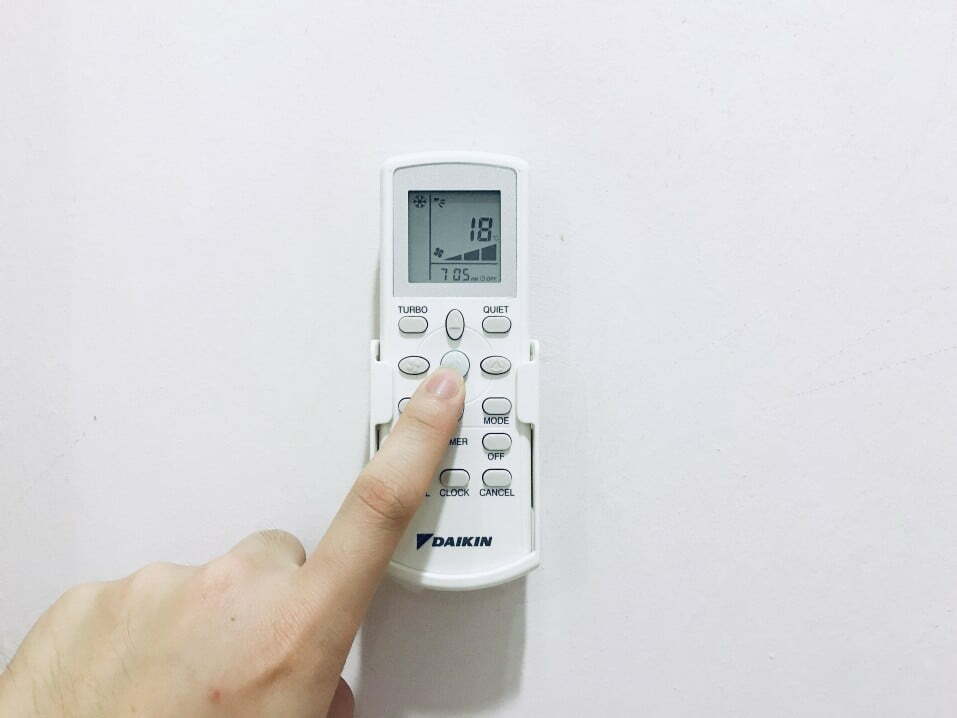
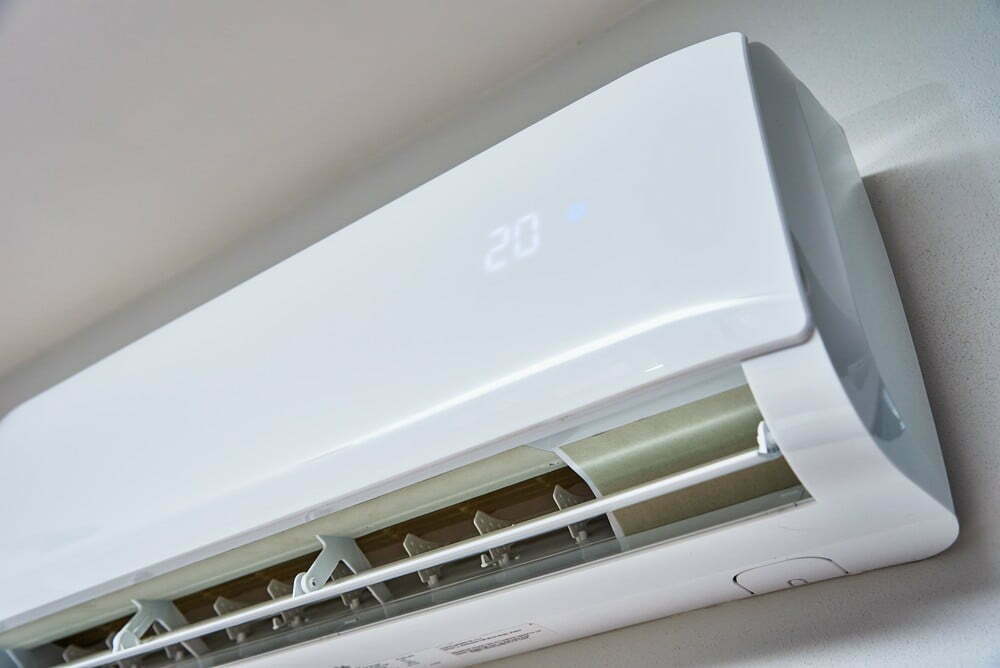
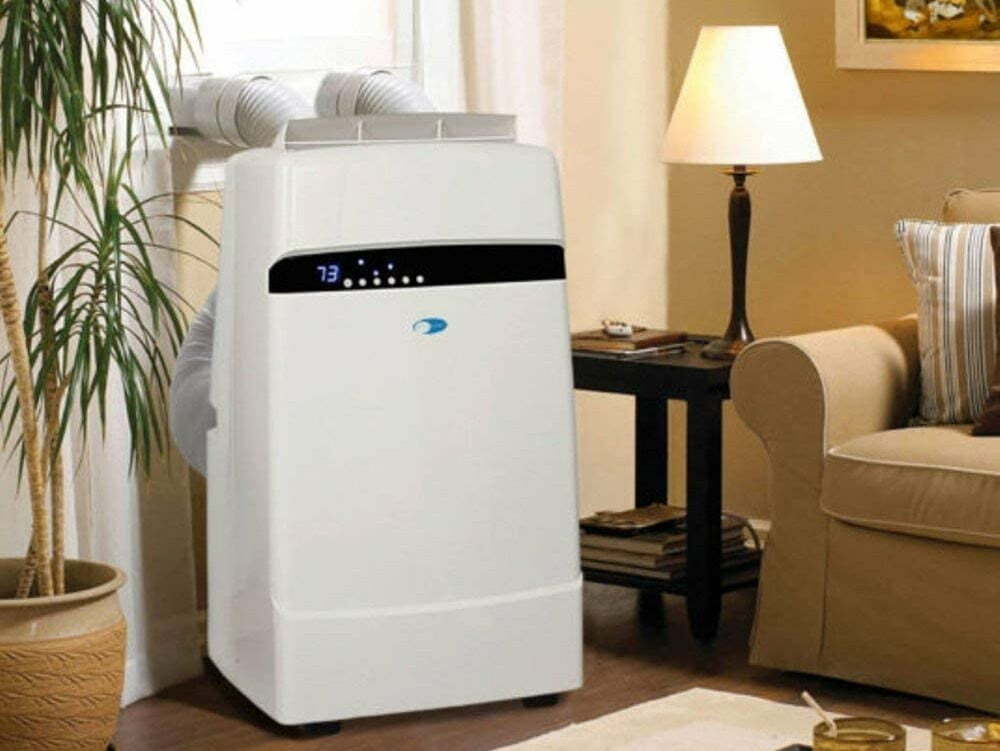
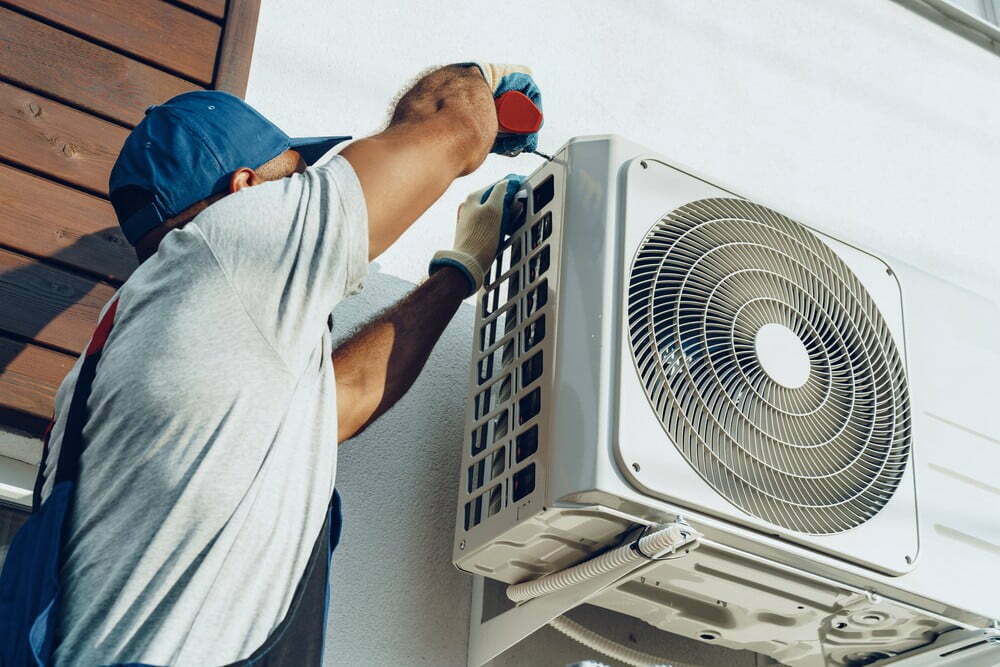

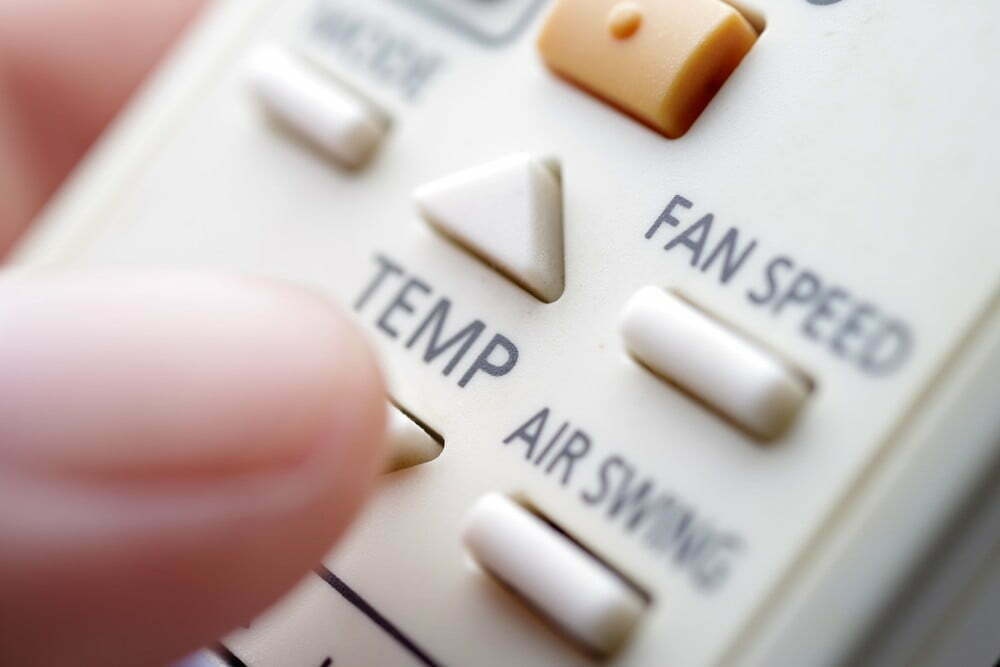

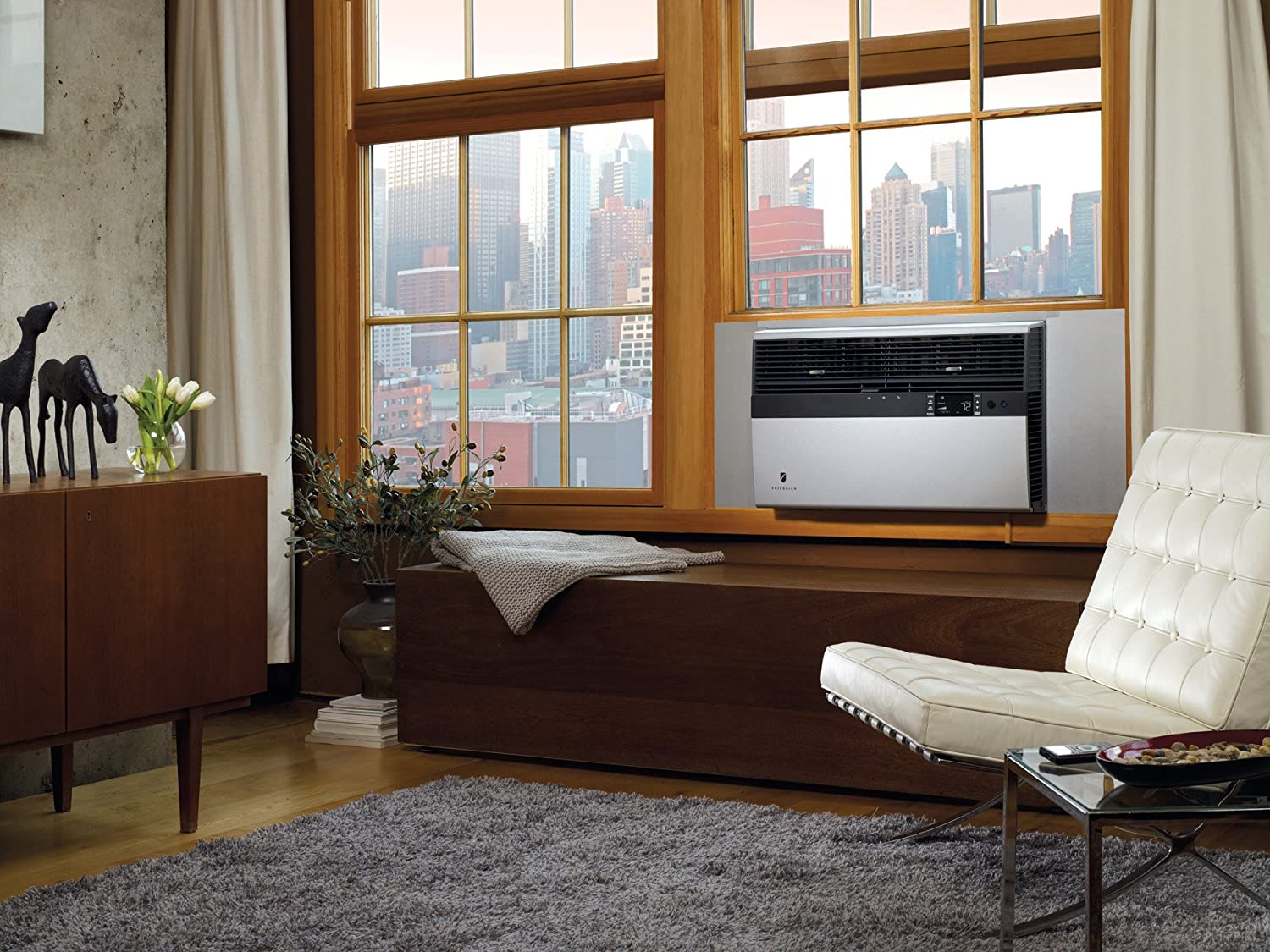

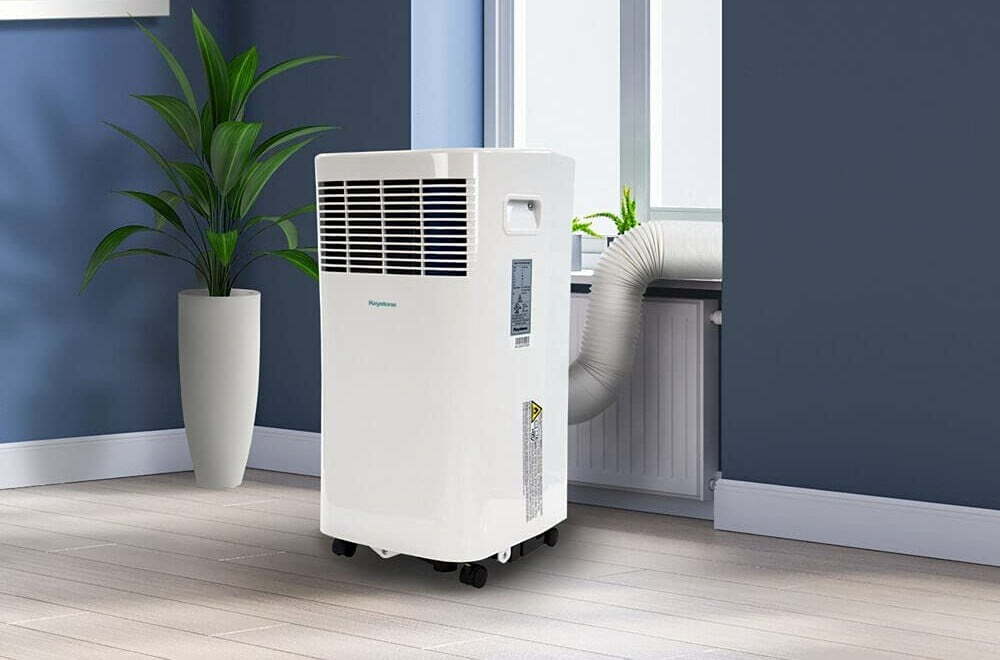
![Best Air Conditioners in [year] ([month] Reviews) 27 Best Air Conditioners in 2026 (January Reviews)](https://www.gadgetreview.dev/wp-content/uploads/best-air-conditioners-image.jpg)
![Quietest Through The Wall Air Conditioners in [year] 28 Quietest Through The Wall Air Conditioners in 2026](https://www.gadgetreview.dev/wp-content/uploads/quietest-through-the-wall-air-conditioner-image.jpg)
![Best 10000 BTU Air Conditioners in [year] 29 Best 10000 BTU Air Conditioners in 2026](https://www.gadgetreview.dev/wp-content/uploads/best-10000-btu-air-conditioner-image.jpg)
![Best 15000 BTU Air Conditioners in [year] 30 Best 15000 BTU Air Conditioners in 2026](https://www.gadgetreview.dev/wp-content/uploads/best-15000-btu-air-conditioner-image.jpg)
![Best 15000 BTU Window Air Conditioners in [year] 31 Best 15000 BTU Window Air Conditioners in 2026](https://www.gadgetreview.dev/wp-content/uploads/best-15000-btu-window-air-conditioner-image.jpg)
![Best 12000 BTU Air Conditioners in [year] 32 Best 12000 BTU Air Conditioners in 2026](https://www.gadgetreview.dev/wp-content/uploads/best-12000-btu-air-conditioner-image.jpg)
![Best Photocatalytic Oxidation Air Purifiers in [year] 33 Best Photocatalytic Oxidation Air Purifiers in 2026](https://www.gadgetreview.dev/wp-content/uploads/best-photocatalytic-oxidation-air-purifier-image.jpg)
![Best Ventless Portable Air Conditioners in [year] 34 Best Ventless Portable Air Conditioners in 2026](https://www.gadgetreview.dev/wp-content/uploads/best-ventless-portable-air-conditioner-image.jpg)
![Best Window Air Conditioners with Heat in [year] 35 Best Window Air Conditioners with Heat in 2026](https://www.gadgetreview.dev/wp-content/uploads/best-window-air-conditioner-with-heat-image.jpg)
![Best Inverter Air Conditioners in [year] 36 Best Inverter Air Conditioners in 2026](https://www.gadgetreview.dev/wp-content/uploads/best-inverter-ac-image.jpg)
![Best HEPA Air Purifiers in [year] 37 Best HEPA Air Purifiers in 2026](https://www.gadgetreview.dev/wp-content/uploads/best-hepa-air-purifier-image.jpg)
![Best Quiet Window Air Conditioners in [year] 38 Best Quiet Window Air Conditioners in 2026](https://www.gadgetreview.dev/wp-content/uploads/quiet-window-air-conditioner-image.jpg)
![Best Energy Efficient Window Air Conditioners in [year] 39 Best Energy Efficient Window Air Conditioners in 2026](https://www.gadgetreview.dev/wp-content/uploads/best-energy-efficient-window-air-conditioner-image.jpg)
![Best Quiet Portable Air Conditioners in [year] 40 Best Quiet Portable Air Conditioners in 2026](https://www.gadgetreview.dev/wp-content/uploads/quiet-portable-air-conditioner-image.jpg)
![Best 6000 BTU Air Conditioners in [year] 41 Best 6000 BTU Air Conditioners in 2026](https://www.gadgetreview.dev/wp-content/uploads/best-6000-btu-air-conditioner-image.jpg)
![Best 8000 BTU Air Conditioners in [year] 42 Best 8000 BTU Air Conditioners in 2026](https://www.gadgetreview.dev/wp-content/uploads/best-8000-btu-air-conditioner-image.jpg)
![Best Small Window Air Conditioner in [year] 43 Best Small Window Air Conditioner in 2026](https://www.gadgetreview.dev/wp-content/uploads/best-small-window-air-conditioner-image.jpg)
![Best 5000 BTU Air Conditioners in [year] 44 Best 5000 BTU Air Conditioners in 2026](https://www.gadgetreview.dev/wp-content/uploads/best-5000-btu-air-conditioner.jpg)
![Best Mini Split in [year] 45 Best Mini Split in 2026](https://www.gadgetreview.dev/wp-content/uploads/best-ductless-mini-split-air-conditioner-image.jpg)
![10 Best Portable Air Conditioners and Heaters in [year] 46 10 Best Portable Air Conditioners and Heaters in 2026](https://www.gadgetreview.dev/wp-content/uploads/best-portable-air-conditioner-and-heater-image.jpg)

